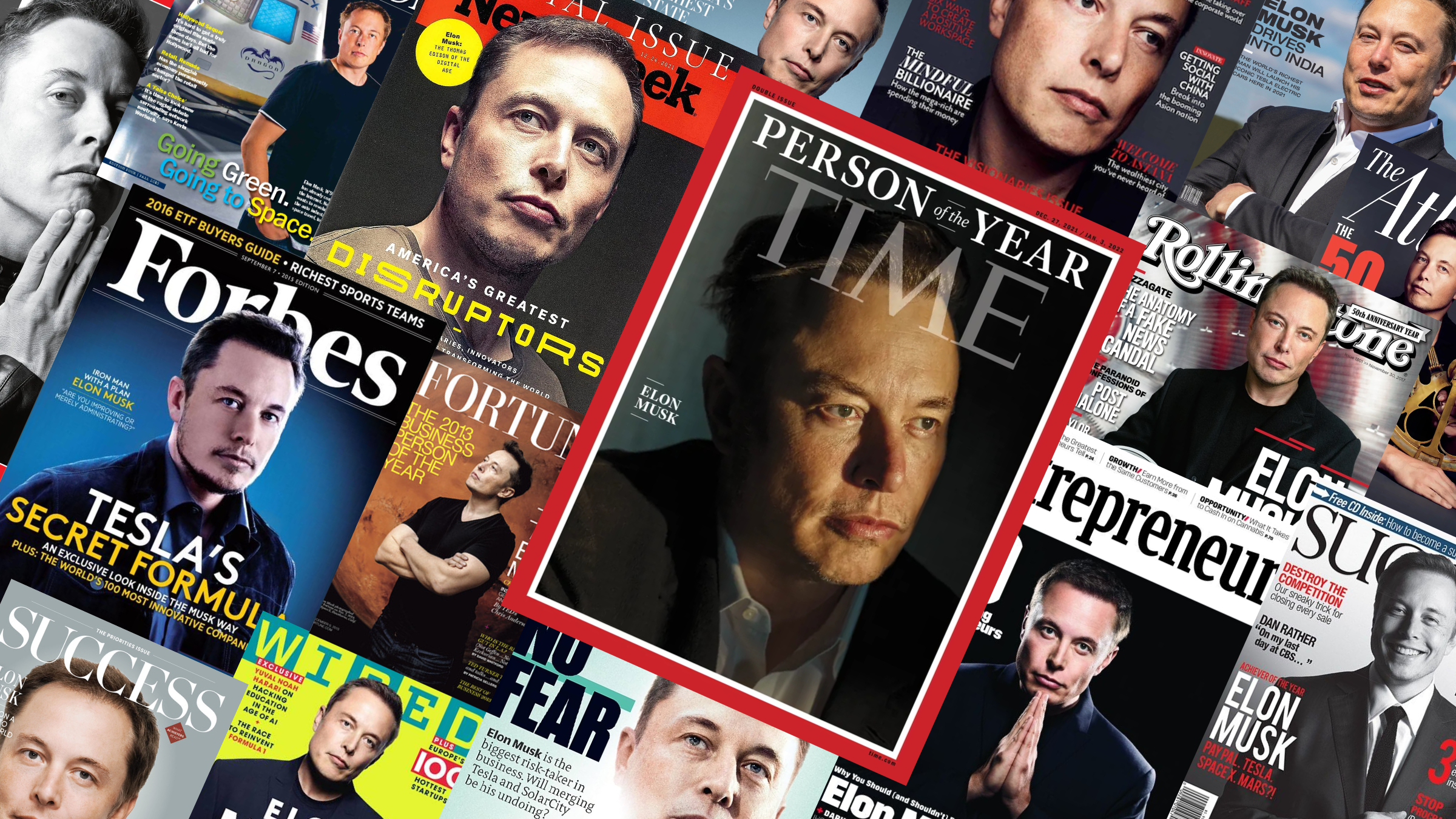
Almost any time Elon Musk fires off a random thought from his Twitter (sorry, X) account, you can be sure to find a number of media organizations publishing short write ups to get clicks from the swarms of people looking to see what the billionaire is up to next — or what bullshit he’s spouting this time. The publications may as well have ChatGPT set up to spit out a few paragraphs to keep the Musk content mill running.
It doesn’t matter that Musk is known to make false statements, and might not even remember he made the declaration within weeks or even days. Those clickbait articles are the inevitable outcome of a two-decade-long informal partnership between Musk and the media that is under increasing strain, but which neither can truly part with because they’ve become so dependent on one another.
Musk is often positioned as a genius who built a vast empire all on his own. But the reality is that “Elon Musk” is as much as person as he is a character co-created by the man and the media. The lines between the two have blurred as the man began to believe in the myth that was built around him, but that myth also helped him become one of foremost figures in the tech industry as it ascended during the internet era, gave him much easier access to investment, and ultimately ensured it was much harder for him to fail.
Building the myth of Musk
Musk knew cultivating celebrity would be essential to his success. In The Founders, Jimmy Soni quotes one of the people who was close to Musk in his early startup days, who describes how his room was filled with “biographies and stories about business luminaries and how they succeeded.” At the top of the pile was a book about billionaire showman Richard Branson.
As soon as he had his first payout after the sale of Zip2, a company where he had his power curtailed by the board, he was already beginning to build the image that was necessary to get the media to pay attention to him. In 1999, CNN covered a young Musk and his first wife Justine taking possession of a McLaren F1 supercar. At the time, Musk himself said it could be seen as “behavior characteristic of an imperialistic brat.” (He crashed it not long after showing off for Peter Thiel.)
Once he had a bigger payout from the sale of PayPal to eBay in 2002, he kept building that profile. He invested in Tesla and founded SpaceX, and was able to turn those investments into endless headlines and magazine covers about how he was personally saving the world from climate change and reviving the moribund space program. As the government retreated, Elon Musk stepped into the void and the media became enamored with him. The more coverage he got, the better it was for his businesses.
Behind the scenes, his companies frequently ran into trouble, occasionally because of his own poor decision-making. In Ludicrous, Edward Niedermeyer describes how Musk was initially focused on electric cars at Tesla, but once the vehicles started taking longer to produce and ended up being more expensive than forecast, Musk needed more cash. It was in that moment that he started making big promises like battery swapping and autonomous driving that fueled the share price regardless of whether he followed through. He was never punished for those false statements, as long as he had a new big idea to throw to rabid investors and a credulous media.
That’s not to mention all the government support that SpaceX and Tesla received that helped them become what they are today. The US government essentially saved Tesla from death in 2009, while its battery-swapping deception ensured it got additional credits from California’s carbon credit scheme without delivering the environmental benefits. For years, Tesla’s profits came from the sale of those credits, not selling electric cars. It was similar for SpaceX, where the government made an explicit policy choice beginning under President George W. Bush to privatize the space program and later gave contracts to SpaceX to get it through its most difficult moments.
Ignoring serious problems
Through that whole period, the media wasn’t just along for the ride, but actively working to build up Musk’s profile. The more the public believed the myth that he was the next great innovator, the more they’d buy magazines about him and read articles about his companies. The media and prominent tech journalists were more than happy to ignore his flaws and the problems at his companies for access to the man they were framing as humanity’s savior.
As I described back in February, ever since the days of Zip2 there have been stories about the toxic work environments Musk cultivated. In 2001, he told CNN, “there’s no such thing as the eight-hour day in Silicon Valley,” and as a result he expected his workers to put in grueling hours often for little pay. He’s a known union buster, and has allowed racism and sexism to flourish at companies like Tesla and SpaceX. Tesla’s Fremont factory was dubbed the “plantation” and when Musk was forced to respond to the discrimination faced by Black workers, he told them to be “thick-skinned” and that they wouldn’t “get a free pass on being a jerk yourself.”
Elon Musk wants to relive his start-up days. He’s repeating the same mistakes.
To be clear, these issues were reported. The reality was out there, but it rarely affected how the media covered Musk himself. The stories about the problems in Musk’s growing empire were rarely brought to him by the journalists who got the opportunity to interview him, and if they did, he was allowed to get away with a non-answer. Ultimately, journalists just wanted to know about rockets, electric cars, and the “fantastic future” he was building, as biographer Ashlee Vance put it in the title of his fawning 2015 biography of Musk.
In the past few years, the coverage of Musk has slowly started to change. Since calling Vern Unsworth a “pedo guy” in 2018, refusing to leave one of President Donald Trump’s advisory boards after the Muslim ban, and simply becoming more openly right-wing and hostile to anything that isn’t in his personal interest, the tone of reporting on Musk has changed. There has still been plenty of uncritical reporting and even praise, like when he was named TIME’s 2021 Person of the Year despite the growing scandals engulfing him. But that’s been accompanied by more open skepticism, which has only grown since his acquisition of Twitter last year.
Stop trusting tech executives
Earlier this month, prominent tech journalist and Platformer founder Casey Newton argued it was time for the media to change how it covers Musk. He has been doing important critical work on Musk’s management of Twitter/X, but of all the things to push Newton to finally call for change, it was Musk’s statements over the “cage match” he proposed with Mark Zuckerberg and his post about covering people’s legal bills if they’re unfairly treated for posting on his platform.
While I welcome any time the media wisens up to Musk, it was shocking to me that an essay like this took until mid-2023 to be published and that it was motivated by such inconsequential stories. The cage match and legal bill tweet are nothing compared to Musk’s treatment of his workers, his flagrant disregard for regulations that few other executives could get away with breaching, and his increasing embrace of right-wing conspiracy theories.
The media absolutely needs to change how it covers Musk, but it needs to go far beyond that. They need to reckon with the harm they’ve done by helping build him into the too-big-to-fail corporate titan he’s become and making him believe in the myth of his unique genius. Musk is now a geopolitical force who controls key rocketry, space communications, and vehicle charging infrastructures — and the media’s effusive coverage of him was an important part of what made that possible.
But beyond Musk, it also shows a fundamental flaw in the media’s coverage of the wider tech industry. Even as Newton called for more skepticism of Musk’s statements, he told people to trust the statements of Mark Zuckerberg — of all people — and stated that “it is in the nature of business journalism to assume that CEOs of public companies are not lying all the time.” Credulous journalism allowed the tech industry to get away with immense harm for years, and while they have gotten more skeptical, the boosterism and uncritical reporting continues to this day.
After inflating the myth of Elon Musk, the media has a responsibility to break their dependence on him and tear him down. That doesn’t necessary mean going on the offensive, but simply giving more attention to the many ways Musk feels he’s beyond accountability and above the law. It means digging into his right-wing ideology and the false promises they once praised him for making. But even more, it means never falling for another tech grifter trying to do the same thing and applying that scrutiny to every startup founder and public company CEO in the tech industry. They owe the public nothing less.

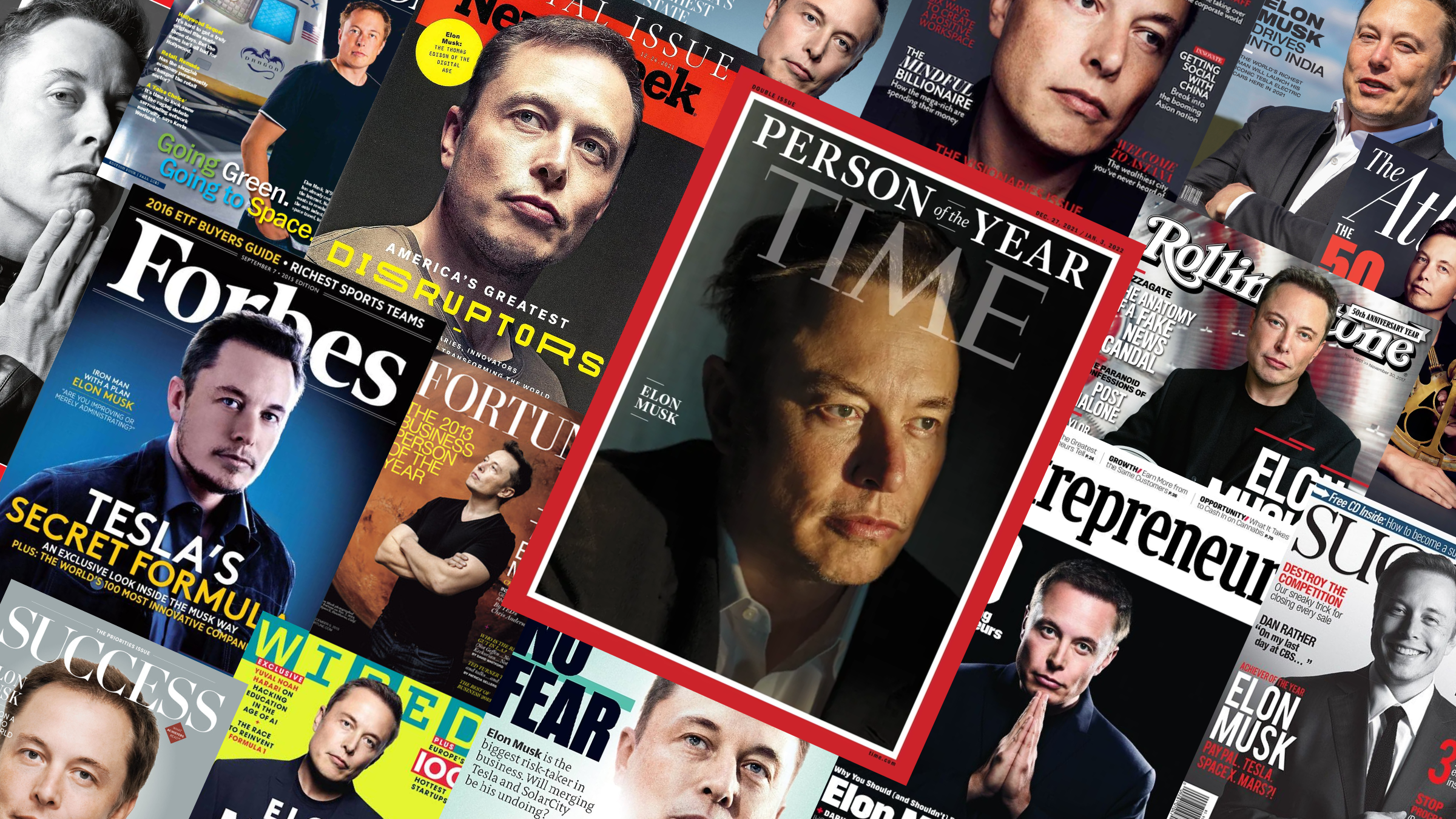



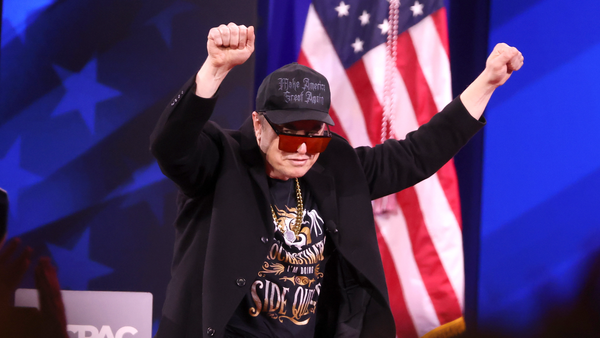
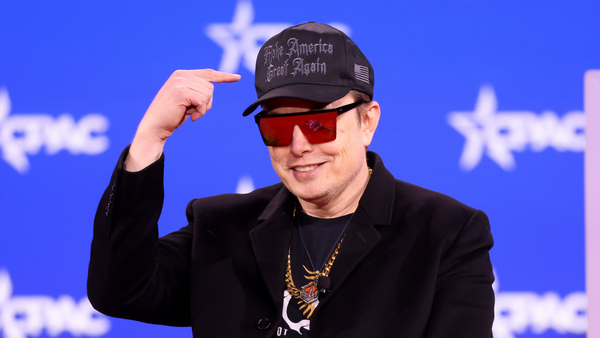
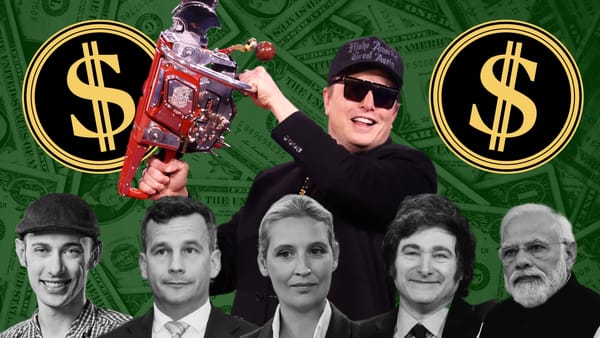
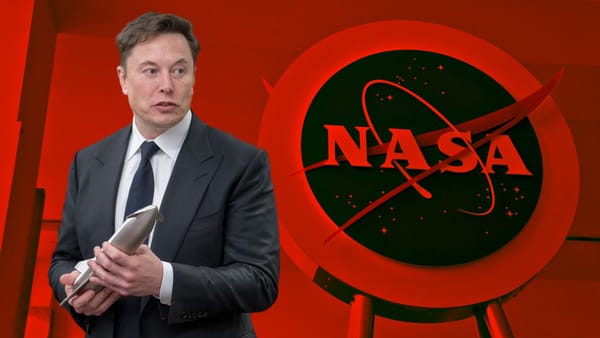
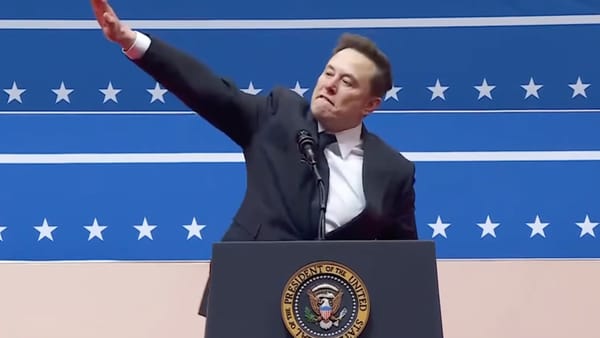
Member discussion